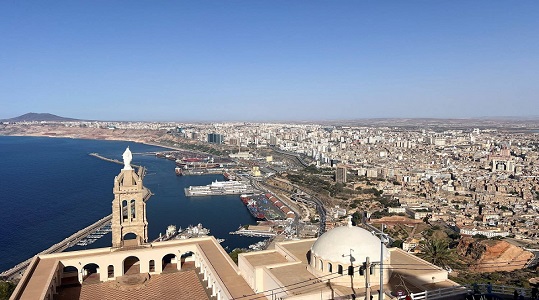The World Bank's fall 2024 report, entitled "Algeria's Economic Monitoring Report: A Comprehensive Framework for Export Support", showed that Algeria's economy grew by 3.9 percent in the first half of 2024 compared to the same period of the previous year, despite the decline in fuel production.
This growth was mainly driven by the resilience of the agricultural sector. The country also witnessed a marked improvement in price stability, as inflation eased to 4.3 percent during the first nine months of 2024, reflecting stable fresh food prices, lower import costs, and a stable exchange rate after the Bank of Algeria halted its four-year devaluation policy in mid-2022.
After narrowing significantly to 2.3 percent of GDP in 2023, the current account surplus reached equilibrium in the first half of 2024, as export prices and volumes declined, while import volumes remained high, supported by investment. At the same time, exchange reserves increased slightly to about 16.2 months of imports of goods and services by the end of September 2024.

